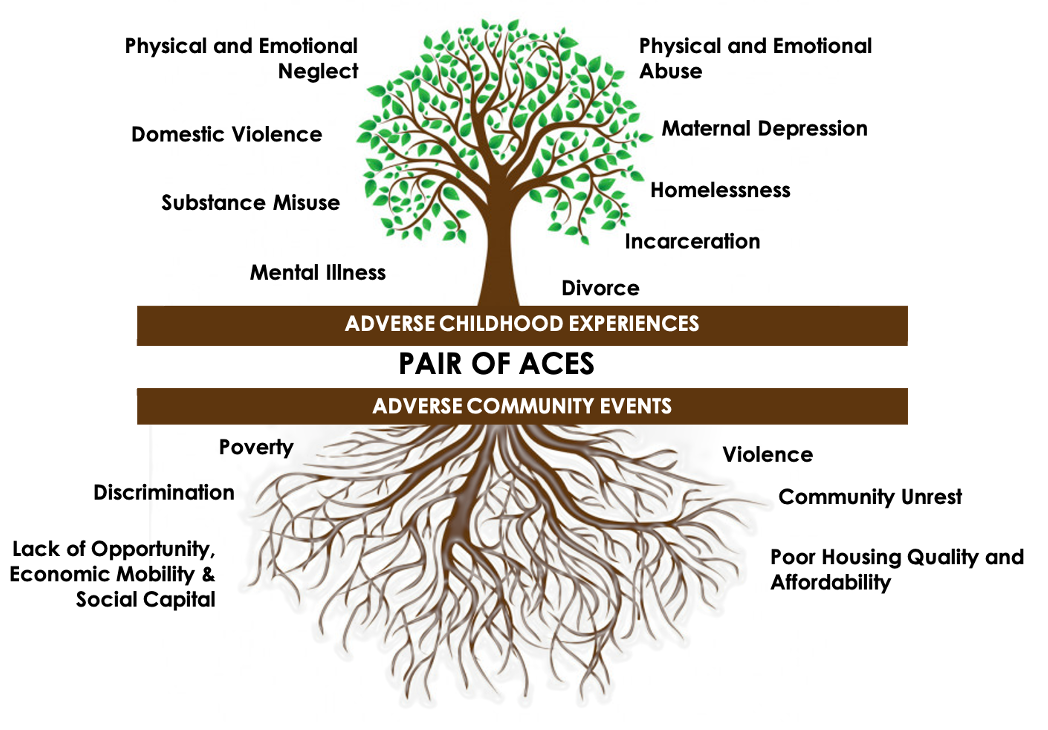Lessons Learned from SVRI Forum 2024- Opening Plenary
The SVRI Forum 2024 opening plenary chaired by Dr. Emma Fulu offered powerful insights on gender-based violence and the pursuit of equality and safety for women with Tarana Burke as one of the panelists and performance by Kim Blanché Adonis. As a woman from a rural area in Limpopo Province, South Africa, where women have traditionally relied on men for financial support, I had long believed that my vulnerability to gender-based violence was rooted in the lack of economic opportunities. As young girls, we were often told, ‘Get an education, earn your own money, and no man will ever abuse you’. However, the session offered a powerful and thought-provoking perspective that challenged this assumption, clarifying the underlying causes of violence against women. Both Tarana Burke’s talk and Kim Blanché Adonis’s performance underscored a universal truth: women from all backgrounds—whether executives or domestic workers or unemployed—live in fear of violence inflicted by men. This realization resonated deeply with me. Tarana Burke further explored this often-overlooked reality, emphasizing that achieving equality is not enough; true safety for women requires addressing the pervasive threats they face across all spheres of life. Her message urged us to redefine our understanding of equality and safety and recognize that they are interlinked but distinct battles. Here are some key lessons from her talk:
1. Equality and Safety Are Not the Same Goals.
Tarana emphasized that women are often told equality will bring safety, but the reality is far more complex. Women, even those in high-power roles, continue to live in fear, demonstrating that safety requires more than equal opportunities. This highlights the need for policies and advocacy that specifically target protection from violence, not just equality in status or opportunity.
2. Survivors as Their Own Political Domain.
Survivors are not only advocates for themselves but represent a powerful political force. Tarana’s call for survivors to become their own “political domain” signifies a shift from passivity to agency, where survivors take control of the narrative and push for systemic changes that ensure their safety.
3. Power Doesn’t Equate to Safety
Shared observation of powerful women (in big positions such as CEOs, Executive Directors, etc) living in fear challenges the assumption that status and success shield women from violence. This underscores the pervasive nature of gender-based violence and the need for a culture shift where women’s lives and safety are prioritized alongside their rights to leadership and equality.
4. The Dual Fight: Equality and Safety Together
As Tarana reminded us, advocating for women’s equality must go hand-in-hand with securing safety. We need integrated strategies that address both issues simultaneously, recognizing that structural and cultural factors contribute to a society where women’s safety is still threatened despite advancements in equality.
In a compelling performance, Kim Blanche Adonis masterfully conveyed the universal fear experienced by women. Through her vivid portrayal of the lived realities of women from diverse backgrounds, she emphasized that this fear knows no boundaries of age, geography, or social standing. Her performance courageously confronted the narrative behind the social media hashtag #NotAllMen, challenging its adequacy in addressing the systemic violence faced by women and sparking a deeper conversation about accountability and change.
In summary, the discussions and performances in this session emphasized that achieving a world free from violence requires more than breaking glass ceilings. It demands dismantling the systemic barriers to safety that persist even as women attain leadership positions and workplace equity. The SVRI Forum discussions stress the importance of holistic strategies that ensure equality and safety for women across all areas of life.
